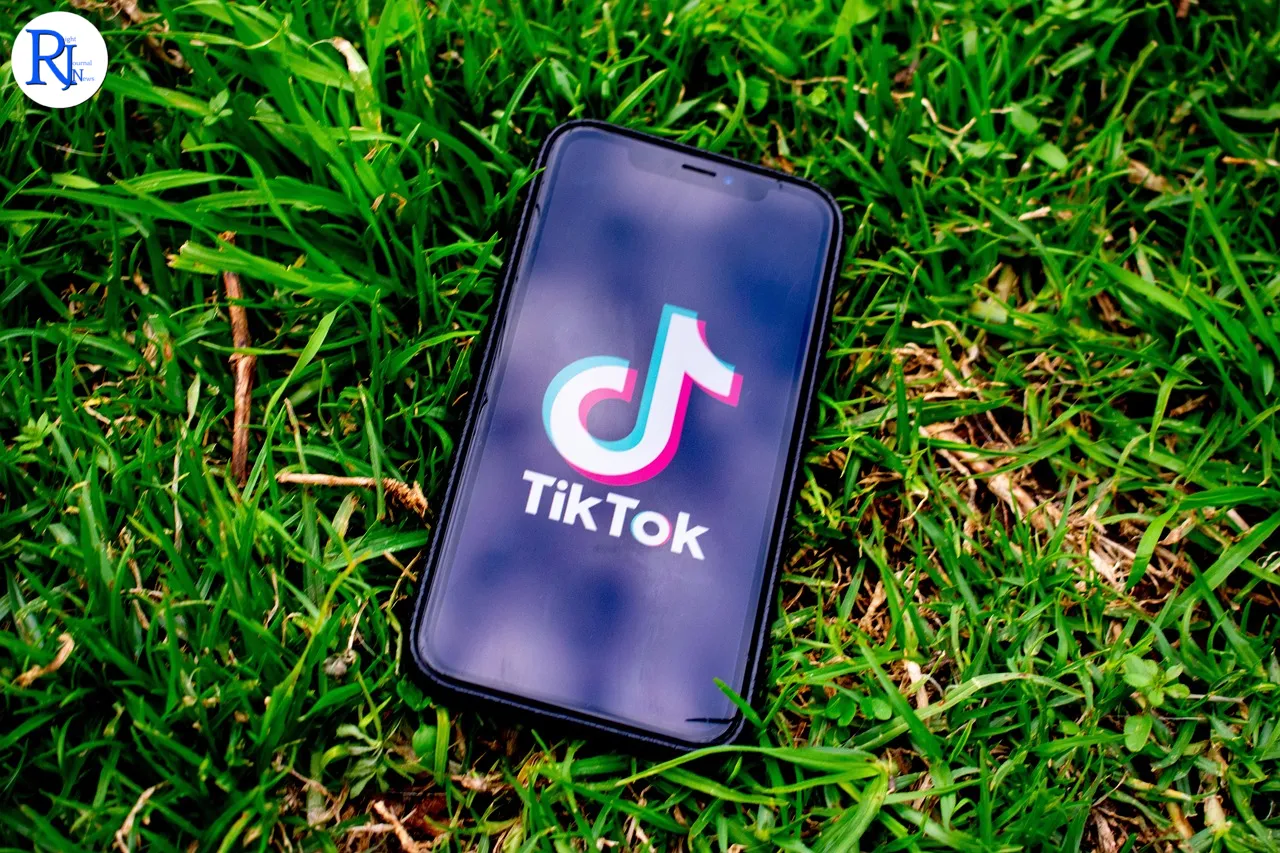In a world increasingly defined by digital diplomacy and economic power plays, TikTok has emerged as a significant bargaining chip for China in its ongoing tensions with the United States. As the popular video-sharing app continues to dominate global social media landscapes, Beijing’s stance on the potential sale of TikTok has evolved, reflecting broader geopolitical strategies. With millions of users worldwide, TikTok’s influence extends beyond entertainment, positioning it as a strategic asset in Sino-American relations.
Timing and Location
The shifting dynamics around TikTok’s ownership and its implications surfaced prominently in September 2025. The discussions have primarily centred around Beijing and Washington, where diplomatic exchanges have been intense. As the two superpowers navigate a complex web of economic and political interests, TikTok stands at the intersection of technology and international diplomacy.

TikTok’s Global Influence
TikTok, owned by Chinese company ByteDance, has transcended its origins to become a global cultural phenomenon. With over a billion active users, the platform’s reach is unparalleled, making it a critical player in the digital economy. Its algorithm, known for its ability to captivate audiences with personalised content, has set a new standard in social media engagement. This success has not only made TikTok a lucrative business but also a tool of soft power for China.
The app’s growth has not been without controversy. Concerns over data privacy and national security have prompted scrutiny, particularly from the US. The potential access to vast amounts of user data has raised alarms about the possibility of Chinese government influence. As a result, TikTok has become a focal point in the broader narrative of digital sovereignty and cybersecurity.
Beijing’s Strategic Calculations
China’s approach to TikTok’s fate reflects a nuanced strategy in its dealings with the US. Initially resistant to selling the platform, Beijing’s position has softened, indicating a willingness to negotiate. This shift aligns with China’s broader economic and diplomatic objectives, using TikTok as leverage in ongoing trade and technology disputes with Washington.
Experts suggest that retaining control over TikTok allows China to maintain a foothold in the global tech market while also providing a bargaining chip in negotiations. “TikTok represents more than just economic value; it’s a symbol of China’s technological prowess,” says Dr. Li Wei, a senior analyst at the China Institute of International Studies. “In the context of US-China relations, it serves as a strategic asset that Beijing can utilise to its advantage.”
Economic and Political Implications
The potential sale or restructuring of TikTok carries significant economic implications. For China, divesting from TikTok could mean relinquishing a valuable asset. However, a strategic partnership or partial sale could still allow China to benefit economically while addressing international concerns. The outcome of these negotiations could set a precedent for future tech-related diplomacy between the two nations.
Politically, TikTok’s situation highlights the broader theme of technological competition between the US and China. Both nations are vying for dominance in the digital realm, with implications for global governance and economic leadership. The resolution of TikTok’s status will likely influence future policies and collaborations in the tech sector.
Expert Opinions and Future Prospects
Industry experts are closely watching the developments around TikTok, as its fate could signal shifts in global tech policy. “The resolution of TikTok’s ownership will be a litmus test for how countries can balance national security with economic integration,” notes Sarah Thompson, a technology policy expert at the Brookings Institution. “It will also impact how technology companies navigate geopolitical tensions.”
Looking ahead, the TikTok saga underscores the importance of international cooperation in managing digital platforms. As the world becomes more interconnected, countries must find ways to address security concerns while fostering innovation and growth. The outcome of TikTok’s negotiations could pave the way for new frameworks governing international tech relations.
In summary, TikTok’s role as a bargaining chip in US-China relations exemplifies the complexities of modern diplomacy. As Beijing navigates its strategic options, the world watches closely, recognising that the implications extend far beyond a single app. The resolution of this issue will likely influence future interactions between the two global powers, shaping the landscape of digital diplomacy for years to come.

